CORPORATE
China’s tough action against Alibaba Group, a warning to its private sector?
- Shrivatsa Joshi
- Jan 20, 2021
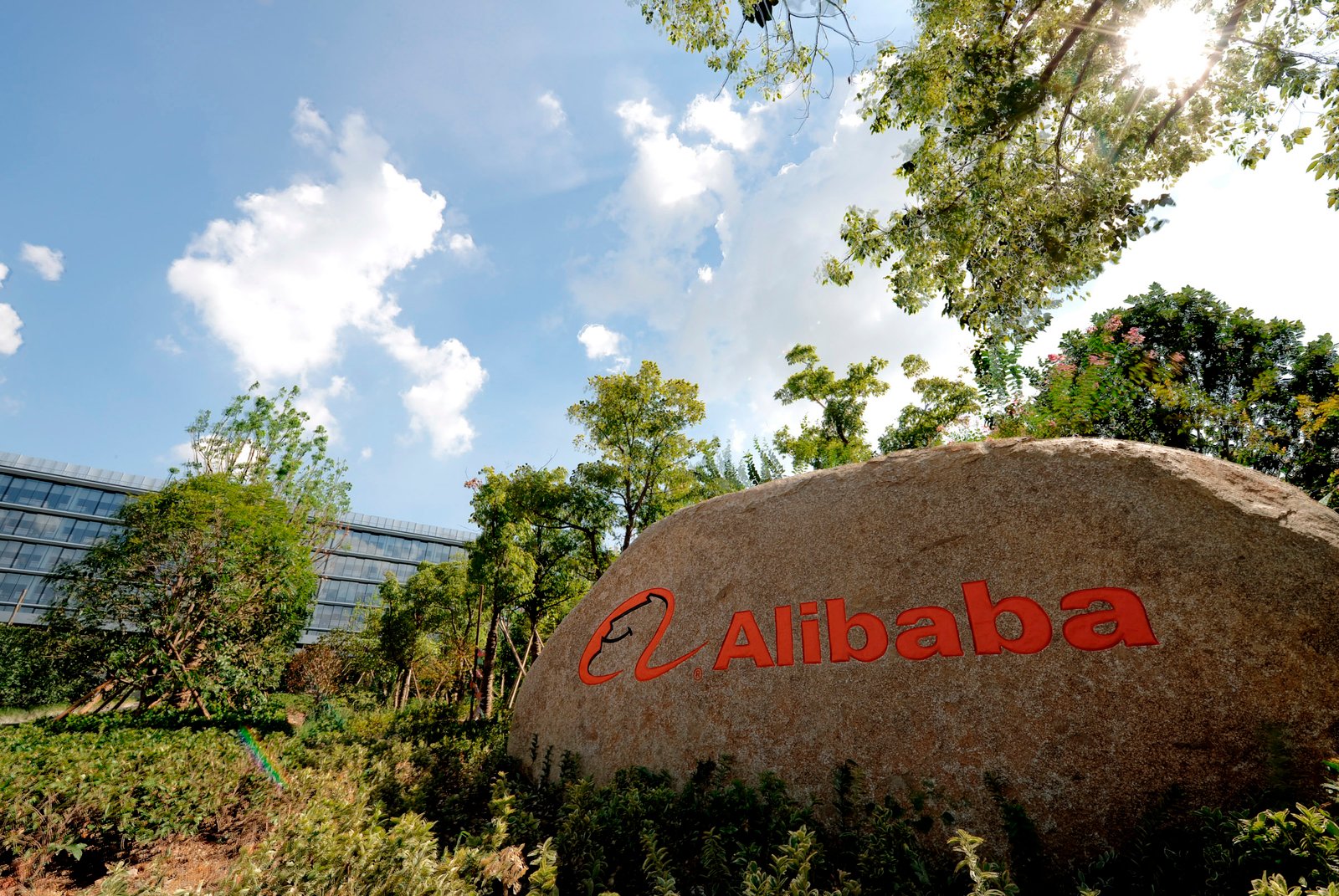
Billionaire, Chinese tycoon Jack Ma is back. The Alibaba Group founder made an appearance in public recently after being unseen for over three months. The 56-year-old entrepreneur made a virtual appearance recently when he met 100 rural teachers in China through a video call.
The complete absence of Mr Ma for the past three months had prompted many to wonder if he had gone missing. An abrupt halt to initial public offer (IPO) of the Ant Group – an affiliate company of the Alibaba Group – by the Chinese authorities just before Mr Ma’s curious disappearance had further fuelled speculations about his absence.
The former English-teacher-turned entrepreneur’s absence was first noticed when he did not turn up as a judge for the final episode of a TV show on business heroes. However, the Alibaba Group had clarified that Mr Ma had not appeared on the show because of a scheduling conflict.
Mr Ma stepped down as chairman of the Alibaba Group last September, leaving Daniel Zhang in charge of the $71.985-billion, e-commerce conglomerate as its chairman and CEO. But Mr Ma still remains the group’s largest, individual shareholder with a nearly 5 per cent stake, and he is also the controlling shareholder of the Ant Group.
Rise & fall of Ma
Mr Ma’s ascent to the top of the Chinese corporate world is nothing short of a classic rags-to-riches story. Young Ma was born in a poor family in Hangzhou in south-eastern China in 1964. As a young man, he offered his services as a guide to foreign tourists staying at an international hotel near his hometown. In return, he learnt English from them. After graduating in English, he became an English teacher.
In the 1990s, he came across the internet and was convinced that the online network could work wonders. Beginning with an online yellow pages business, Mr Ma started a couple of ventures and finally set up Alibaba in 1999 as a business-to-business, e-commerce entity. Constantly diversifying and innovating, Alibaba grew rapidly and today straddles consumer e-commerce, digital payments services offered by its online payments platform Alipay, various financial services, including lending, cloud computing and digital media and entertainment, among others.
Jack Ma’s trouble
began after his outbursts against Chinese regulators.
As Mr Ma’s businesses grew in size and scale, Alibaba began to be reckoned with global e-commerce giants, such as Amazon and other entities. Everything seemed to be going great for Mr Ma and his business conglomerate. The stage was set for his Ant Group’s record-setting, $37-billion IPO last November, and investors were eagerly awaiting what would have been the world’s biggest initial share sale. Then days before the blockbuster share sale, the Ant Group’s IPO was halted by the Chinese regulators, leaving scores of investors high and dry.
The regulators had expressed concern over the Ant Group’s lucrative, online, lending business. This was purported to be the reason for the abrupt scrapping of the mega IPO. However, market analysts opine that the shocking cancellation of the IPO was triggered by Mr Ma’s outbursts against the financial market regulators last October.
The Alibaba chief had criticised the regulators for “stifling innovation” and had compared the country’s markets regulator to an “old boys’ club”. He had also criticised China for lacking a solid financial ecosystem and had added that Chinese banks were like “pawn shops”. His criticism of the Chinese authorities has cost him dearly. Since then, Chinese officials have turned the heat against Mr Ma and his business conglomerate. Mr Ma’s speech was viewed as an attack on the authority of the Communist Party of China and led to its extraordinary clampdown on his business activities.
Last November, days after suspending the IPO, China’s State Administration for Market Regulation (SAMR) warned that it was concerned about the company’s monopolistic business model. The regulator criticised the Ant Group for squeezing its rivals out of the market and disregarding consumers’ rights. Late last December, the SAMR announced a formal anti-trust probe on the Alibaba Group.
A dire warning
Ever since the scrapping of the Ant Group’s IPO, there has been a severe reversal of Mr Ma’s fortune. Last October, with net worth of around $62 billion, the Alibaba chief was ranked the richest man in Asia on the Bloomberg Billionaires Index. But since falling out with the regulators, his fortune has dipped to about $50 billion, pushing him down to the 25th spot on the Bloomberg Billionaires Index. Just months ago, Mr Ma was venerated as a national hero and seen as a personification of Chinese grit and entrepreneurial spirit. But that has all changed in the last three months.
The Chinese markets regulator, in the meanwhile, has proposed that the Ant Group be restricted to its original business of mobile payments and surrender its more lucrative business in consumer lending and mutual funds. There are also reports that the Chinese government may be working on a plan to nationalise Alibaba and the Ant Group.
Some analysts warn that the group may be broken up entirely. Jeffrey Halley, a senior market analyst for Asia-Pacific at Oanda Corporation, argues that the Ant Group’s IPO may never materialise. “I think that the company will have to break itself up. The regulators clearly think that Ant is too powerful. If you are a big tech company in China, Beijing is sending a very clear message about who runs China: It is not you, it is us.”
Chinese President Xi
Jinping’s treatment of private sector is designed to reverse Deng Xiaoping’s past
reforms.
The recent actions against the Alibaba Group appear to be sparked by concerns over the supposed anti-competitive nature of Mr Ma’s conglomerate. But many analysts reason out that there is more to the Alibaba wrangle than meets the eye. They add that the Chinese Communist Party leaders and the government view their technology companies with suspicion. They fear that these companies have amassed too much of power and cannot be counted on to support the goals of the party.
In recent years, Chinese President Xi Jinping has sought to strengthen the Communist Party’s control over China’s private companies. It has installed more party officials in private companies, issued a raft of detailed guidelines, reminding them to serve the State and deprived wayward businesses of credit from State-owned banks. There is genuine fear that Mr Jinping’s heavy-handed treatment of private business leaders is replacing former Chinese leader Deng Xiaoping’s era of “openness and reforms”.
In fact, the clearest indication of the direction that the Chinese economy would take in coming years came from Mr Jinping’s address to the Central Committee of Communist Party of China last October. The Chinese president unveiled his plan to make the country a more State-controlled economy based on domestic demand. Incidentally, the stringent actions against Mr Ma are aimed at showing the private companies where they will figure in the new economic order. Analysts point out that the tough measures against the Alibaba Group are designed to make an example of the conglomerate and warn the private sector – especially technology giants – to fall in line.
India, in the meantime, is watching closely the developments related to the Alibaba Group. Indian technology start-ups are particularly interested in the Alibaba controversy because many of them have got big funding from the Chinese conglomerate, which happens to be a major shareholder in many of the Indian companies. Indian start-ups have already been hit by last year’s geopolitical tension between India and China in Ladakh. Last August, the Indian government placed curbs on all Chinese investments into Indian companies, mandating them to be routed through the government after getting approval.
Following this rule in August last year, the Alibaba
Group put on hold plans to invest in Indian companies. The current controversy
surrounding Mr Ma’s business group is further set to shut investments into
Indian start-ups. Alibaba has been a major Chinese group, having invested more
than $2 billion in Indian companies – including digital payments platform
Paytm, online food delivery platforms Zomato and BigBasket as well as Snapdeal,
Xpressbees and others – since 2015. The current developments in China are set
to have a minor impact on Indian start-ups. However, the Alibaba episode
signals a major shift that the Chinese economy would take in the near future –
the shift marked by State supremacy over the private sector.

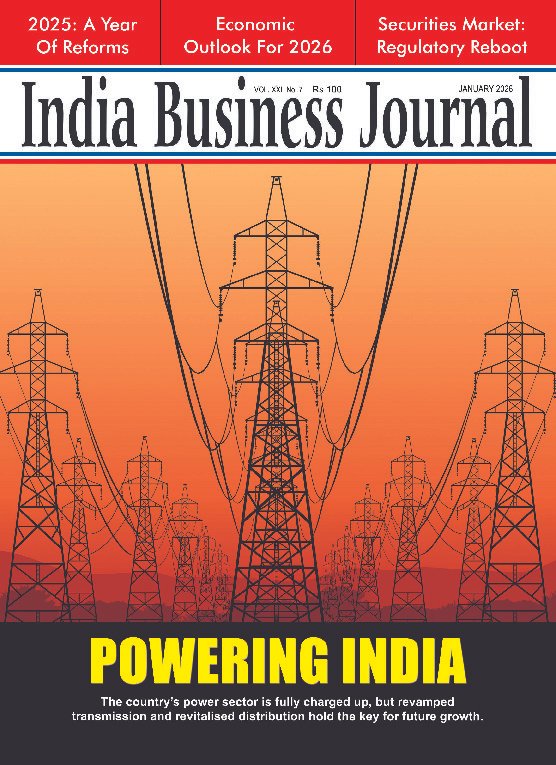

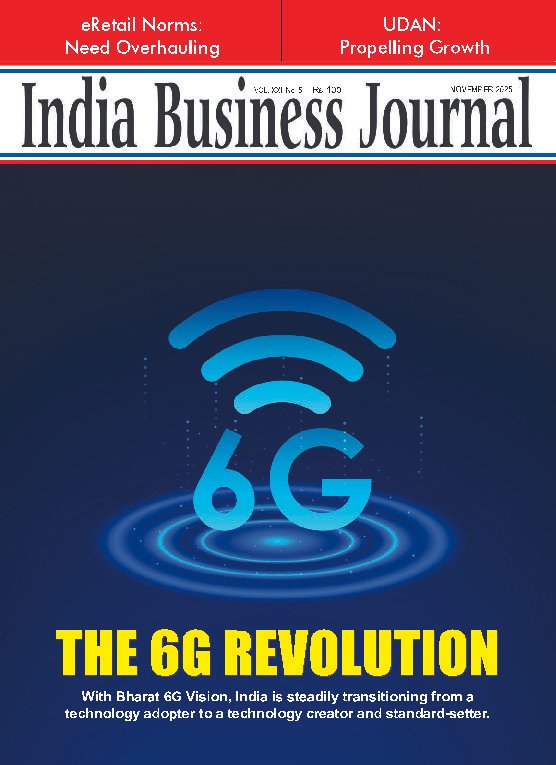
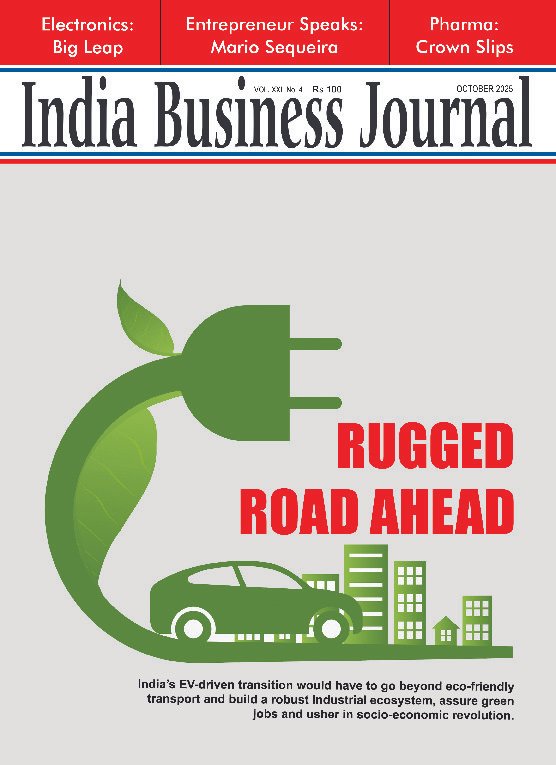
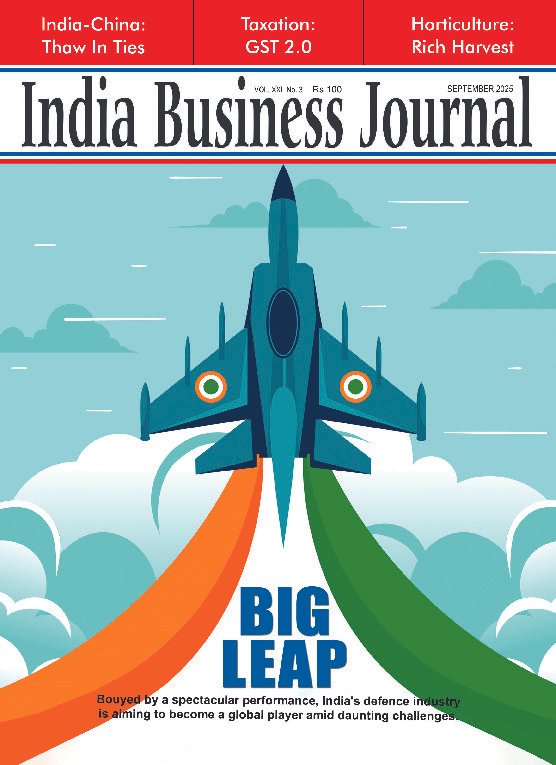






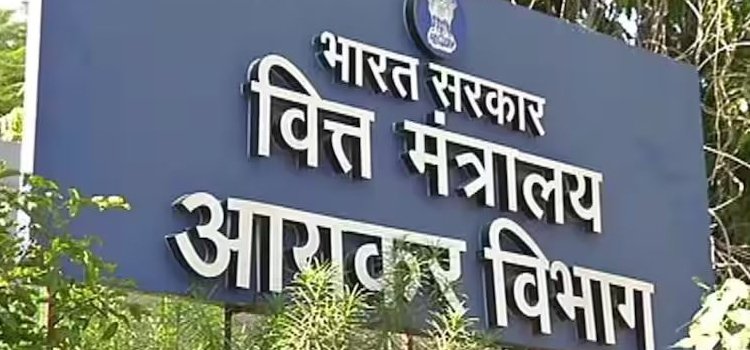
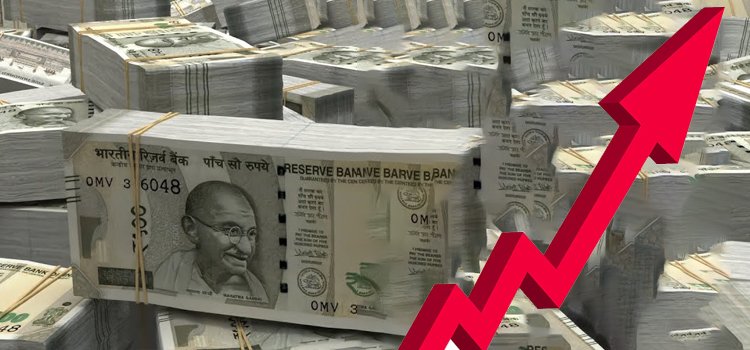
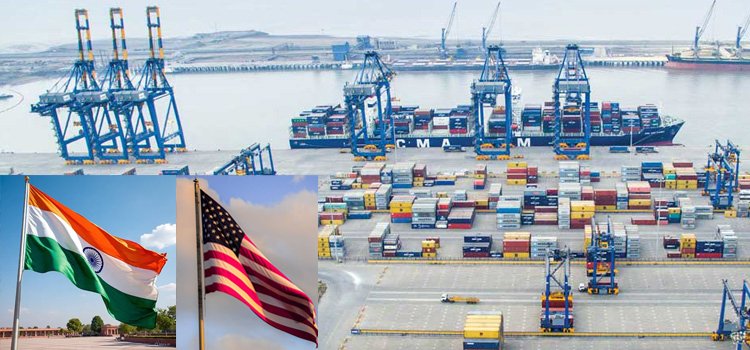
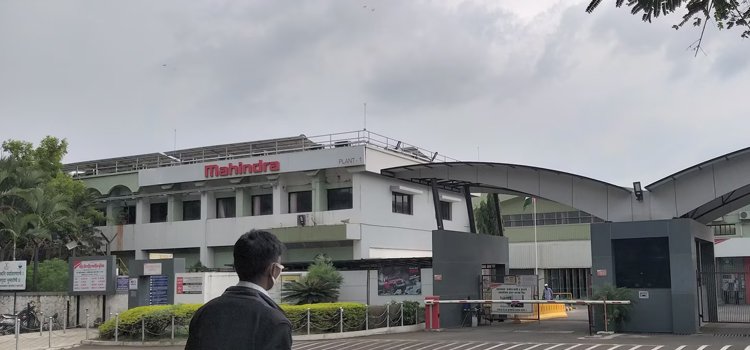





Report By
View Reporter News